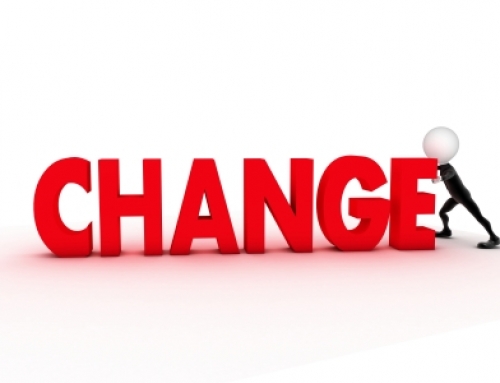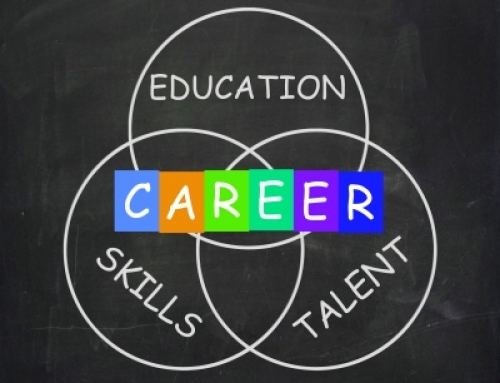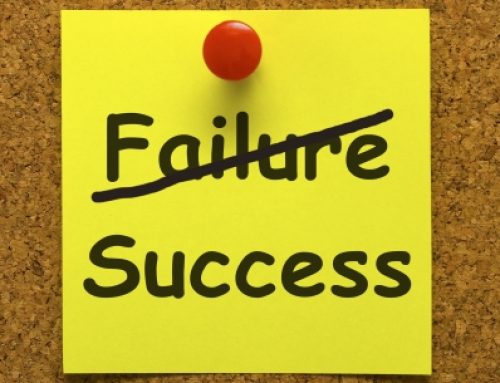A savvy job seeker knows that every employer has specific needs and that the employer must be convinced that he/she can fulfill those needs in order to successfully land a job. But, in order to fulfill them, you’ve got to do your homework to determine the employer’s needs. Your task is to figure out what they really want and then tell them how you’ll give it to them! Strategically preparing for your interview will help you accomplish this.
Use Your Cheat Sheet. Your first clue in determining an employer’s needs is the job description. It’s like getting the answer key right before the test. By studying the job description, you can anticipate most of the questions that will be asked during your interview and prepare winning answers ahead of time! Most job descriptions will list the key responsibilities and requirements for the position. For example, a key responsibility for a Customer Service Representative is handling customer issues. And, a key requirement for that position would be effective problem solving skills. If you were interviewing for this position, part of your success would depend on your ability to provide examples of situations when you’ve successfully handled customer issues and solved problems.
Simply Ask. The interview is a two-way street. The employer’s objective is to collect data necessary to make a hiring decision. And, you should be collecting data about them as well. In addition to being able to make an informed decision if offered the job, you must be able to determine what the employer’s immediate needs are to assist you in preparing for subsequent interviews. Ask the interviewer what will be the immediate priorities of the person that is selected for the position during the first 60 to 90 days. Ask what potential challenges have been identified for the person stepping into the position. And by all means, develop additional targeted questions based on the position that will help you further determine the employer’s needs. The information that you collect will be extremely helpful if invited back for additional interviews.
Strategic Follow-up. After the interview, follow up with the employer by sending them a strategic letter that addresses their needs and explains how you will fulfill those needs. Forget the standard thank you letter. It’s a nice gesture, but, a strategically written follow up letter will have more impact.
A Great Success Story. A good friend of mine recently interviewed for a Territory Sales Manager position. During the interview, he asked the right questions to determine the employer’s needs. After the interview, he wrote a follow up letter thanking the interviewer for his time and also included a strategic territory plan that identified how he would develop and manage the territory during the first 60 days. And guess what…he got the offer! The employer told him that even though he wasn’t the strongest interviewer, no other candidate had put together a territory plan, which ultimately set him apart!







Great Info! Thanks this was very helpful.
I’m glad that you found the information useful JJ Mommy! Thanks for visiting!
These are great tips! Usually, when I’m excited about a position, I have tons of ideas. I never thought about sharing those ideas before receiving the position, to highlight my interest and skills. A definite Will Do. Thanks
Hey, i’ve been reading this weblog for a while and have a question, maybe you can help… it’s how do i add your feed to my rss reader as i want to follow you. Kudos.
Well, I don’t know if that’s going to work for me, but definitely worked for you! 🙂 Excellent post!
hey, nice weblog and good publish, simply a recommendation, make it extra private, it is all the time extra fascinating!
Pretty good post. I have really enjoyed browsing your blog posts. In any case I’ll be subscribing to your feed and i also hope you write again soon! Thanks, I’ll try and visit more often. Merry Chrismas!
Very nice post. I’ve really enjoyed visiting your blog posts. In any case I’ll be subscribing to your feed and i also hope you write again soon! Thanks, I’ll try and check back more often. Happy new year!
Hey! That’s a extremely nice post. I’m very sure I will suggest it to my co-workers.Should you put up extra posts please electronic mail them to me.
How do you make a blog look this good. Email me if you want and share your wisdom. I’d appreciate it.